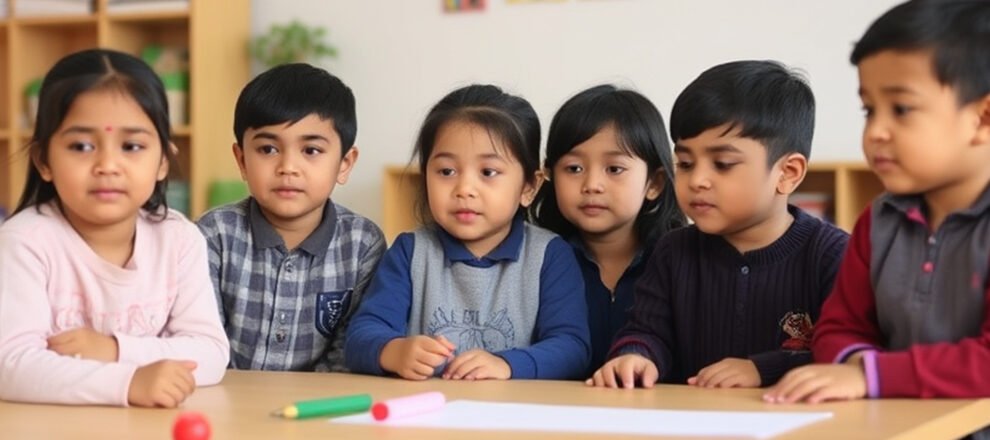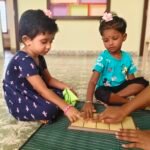In today’s fast-paced world, children’s mental and emotional well-being matters more than ever. Montessori education offers a thoughtful, child-centered approach that nurtures not only academic growth but also psychological health. By honoring each child’s individuality and natural development, Montessori classrooms create a peaceful foundation for confidence, independence, and emotional resilience.
1. Freedom Within Limits Builds Confidence
Montessori classrooms give children the freedom to choose their work—within a carefully prepared environment and clear boundaries. This balance helps children feel in control while also secure. They learn to make decisions, take responsibility, and trust their own abilities—key building blocks for self-esteem and confidence.
2. Respect for the Child Encourages Self-Worth
In Montessori, children are deeply respected. Teachers observe, guide, and respond to each child’s unique needs rather than directing them. This respectful approach affirms their dignity and value, helping them develop a strong and positive sense of self.
3. Intrinsic Motivation Reduces Pressure
Instead of grades, rewards, or punishments, Montessori education encourages children to learn because they are curious. This emphasis on intrinsic motivation reduces stress and performance anxiety, helping children enjoy learning for its own sake—without fear of failure.
4. Mixed-Age Groups Foster Empathy and Belonging
Montessori classrooms often include a mix of age groups. Older children become role models and helpers, while younger ones feel supported and inspired. This creates a natural community of care, where empathy, patience, and cooperation flourish.
5. A Calm, Peaceful Environment Nurtures Emotional Balance
Montessori classrooms are intentionally calm, beautiful, and organized. Children move at their own pace and practice mindfulness in daily routines. Tools like the “peace table” help them resolve conflicts gently, learning emotional regulation and communication.
6. Developmentally-Aligned Learning Reduces Frustration
Montessori education follows each child’s natural growth and “sensitive periods” of learning. Instead of pushing children before they’re ready, the approach supports their development in a way that feels natural and empowering—reducing frustration and boosting confidence.
7. Independence Builds Resilience
From toddlerhood, children in Montessori classrooms are encouraged to do things for themselves—pour water, tie shoes, clean up after work. These everyday tasks foster independence and a sense of capability, laying the foundation for resilience and self-belief.
Montessori: A Foundation for Lifelong Well-Being
Montessori education doesn’t just prepare children for school—it prepares them for life. By nurturing the whole child—body, mind, and spirit—it promotes strong psychological health from the very beginning.
Whether you’re a parent, teacher, or caregiver, choosing Montessori means choosing a peaceful, respectful, and empowering path for your child’s emotional and mental well-being.





Leave a Reply